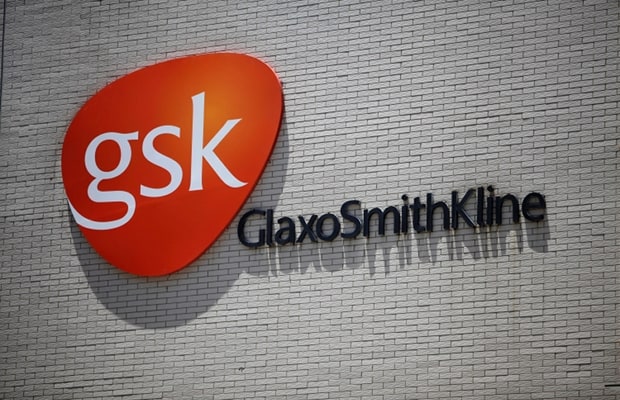
GSK to make ‘fundamental changes’
pharmafile | February 6, 2014 | News story | Sales and Marketing | China, GSK, Tafinlar, Witty, q4, results
GlaxoSmithKline has pledged to make ‘fundamental changes’ to the manner in which it does business, looking at its interaction with customers, the way it prices its products and its corporate culture.
“We believe these changes are vital in an industry with a 20-year business cycle and which operates in an environment as dynamic and as challenging as global healthcare,” said chief executive Sir Andrew Witty.
Details of what these changes may be were scant but GSK has reiterated three strategic priorities: diversifying its business globally, creating more products ‘of value’ and simplifying its operations.
The announcement of its fourth quarter and full year results for 2013 may have helped concentrate GSK’s mind on challenges ahead: the group saw turnover increase just 1% year-on-year to £26.5 billion in 2013, with operating profit down 1% to £7 billion. Pharma (£17.9 billion) made up the bulk of GSK’s revenue.
In Q4 turnover was up 5% year-on-year to £6.9 billion.
The fallout from corruption investigations in China continues to be a problem for the company: pharma and vaccines sales in the country were down 29% in Q4 (a fall of 18% over the year as a whole), with hepatitis and respiratory products ‘continuing to be particularly affected’.
Bleak though this is, the figures do indicate an improvement on Q3, when sales in China were down 61% year-on-year.
In Europe – an area increasingly seen by pharma as a problem – it saw drug sales dip in 2013 1% to £4.1 billion, with Seretide falling 2% to £1.5 billion and older products struggling to make headway against tight pricing and generic pressure.
Vaccines sales in Europe grew 3%, “largely due to an improved tender performance”, the company says. Consumer healthcare turnover worldwide increased 2% to £5.2 billion.
In the US, group turnover was up 1% although pharma revenue fell by the same amount.
GSK’s respiratory franchise was up 7% on 2012 to £3.6 billion, but generic competition on Lamictal led to an 18% fall to £276 million, while dermatology dipped 40% to £140 million.
Positives included the saving of £400 million in 2013 and GSK said it expects to save a similar amount in 2014 – this time last year it talked of producing annual cost savings of at least £1 billion by 2016.
In 2013 it embarked on a £1.5 billion programme of cuts and had been looking before that at a restructuring programme which reduced fixed costs and funnelled R&D money into fruitful areas.
Sir Andrew pointed to approvals in 2013 for respiratory drugs Breo and Anoro, melanoma treatments Tafinlar and Mekinist, and Tivicay for HIV and said the company’s pipeline was strong, with Phase III starts “for around 10 new products in key areas such as respiratory, oncology and immuno-inflammation” planned in 2014-15.
In common with other pharma groups, GSK has made much of returning cash to shareholders and says it gave back £5.2 billion last year through a 5% increase in the 2013 dividend and a £1.5 billion share buyback – and pledges to purchase shares worth up to £2 billion in 2014.
Adam Hill
Related Content

GSK’s Jemperli accepted for FDA review for endometrial cancer treatment
GSK has announced that the US Food and Drug Administration (FDA) has accepted its supplemental …

GSK shares results from phase 3 trial for gonorrhoea treatment
GSK has announced positive results from its phase 3 EAGLE-1 trial for gepotidacin, a potential …

GSK’s meningococcal vaccine candidate accepted for FDA review
GSK has announced that the US Food and Drug Administration (FDA) has accepted for review …







